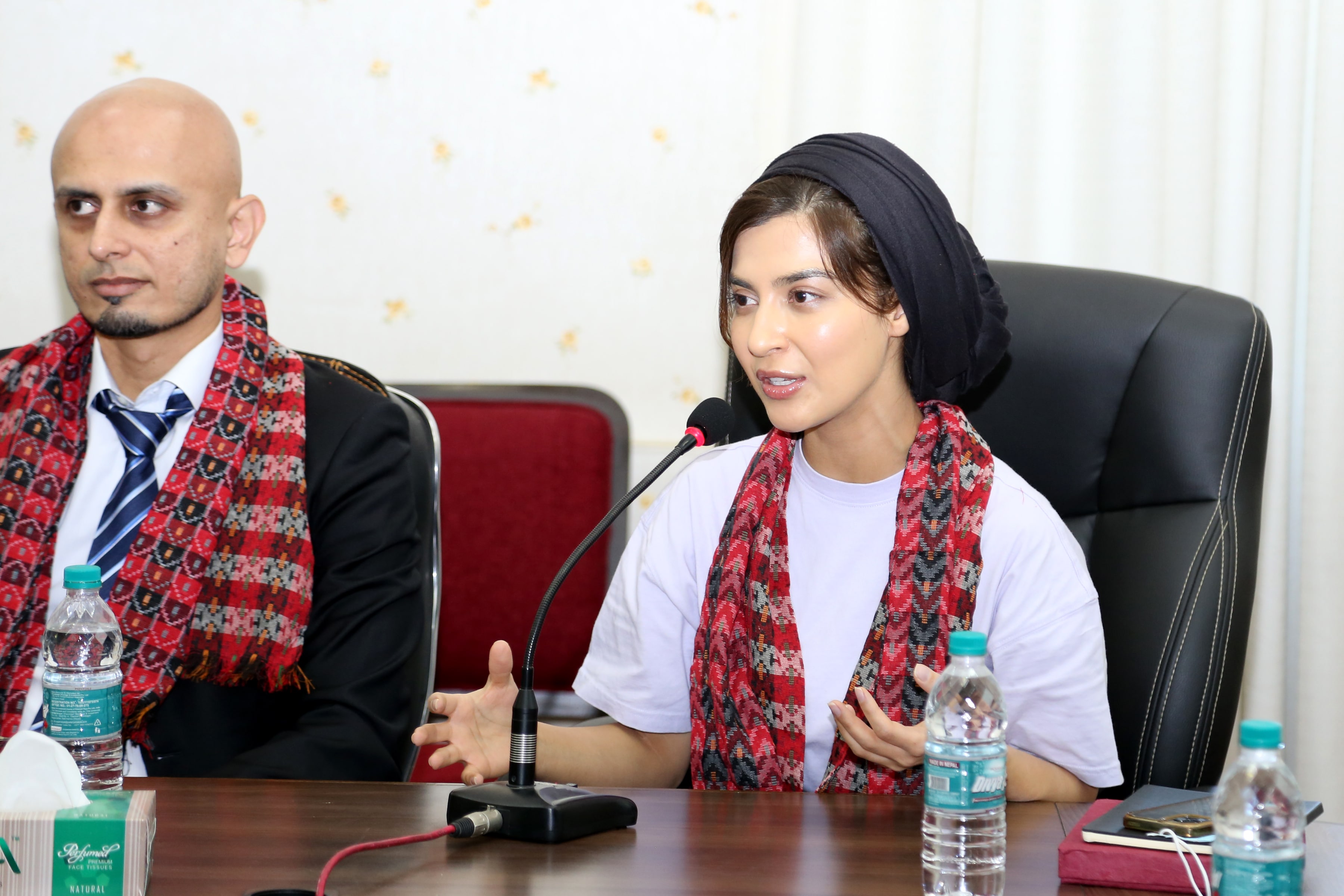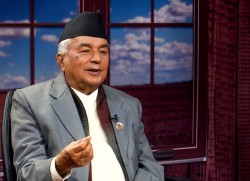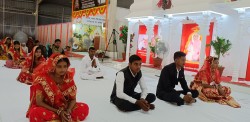Nepal

Visiting representatives of Meta, the parent company of Facebook, met officials of the Election Commission in Kathmandu on Monday to discuss ways to tackle misinformation ahead of the November elections.
The discussion focused on preventing the spread of misinformation, misleading information and malicious expressions through Meta’s platform during and before the November 20 elections.
Misinformation, hate speech, fake news and political advertisement were allegedly spread on social media to swing votes in the US presidential elections of 2016 and the Brexit voting in 2020.
Google, Facebook, and Twitter vowed to take strong measures against any election meddling worldwide after the election.
Experts say such false claims and fake information quickly spread on social media and influence voters’ decisions.
The spread of fake news and false claims is rampant on social media, and the representatives at the EC are now “working together” with a few such social media giants.
Nearly a month ago, the EC officials met their TikTok counterparts for the same purpose. At the time, the EC said it was “coordinating” with social media giants to flag such suspicious activities.
Such activities are illegal in Nepal, and the EC has requested not to spread misinformation during the elections. However, it cannot enforce such laws in Nepal due to limited resources.
The EC also worked with social media giants during the local-level elections this May, and the EC officials have already received training from companies like Meta.
Meta is also organising similar interactions for Nepali journalists on October 20, including “their policies on hate speech, voter interference, and misinformation” and tools to tackle such actions.






